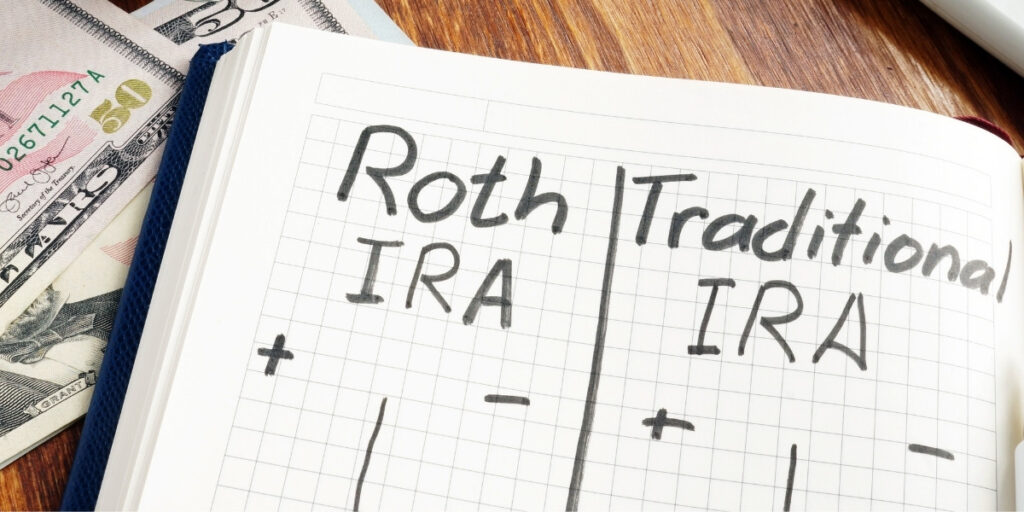Is it more advantageous for you to contribute to a traditional IRA or a Roth IRA? The IRS recently extended the tax filing due date for 2020 to May 17, 2021. This may give investors additional time to make an IRA contribution for tax year 2020 (although the IRS website, at least for now, still lists April 15, 2021 as the IRA contribution deadline). Most people have the option of whether to contribute to a Roth IRA or a traditional IRA. But which is the better choice? Like so many things in finance, the answer is: it depends.

Traditional IRA
Traditional IRA contributions are made pre-tax. The amount of your contribution, which is limited to $6,000 (or $7,000 if you are 50 or older), reduces the amount of your taxable income for the year. Your IRA can then grow tax-deferred until the government requires you to begin taking distributions at age 72. (These are called Required Minimum Distributions.) At that point, your distributions are taxed as ordinary income.
Roth IRA
Roth IRA contributions, by contrast, are made with money that has already been taxed and do not provide a current year tax deduction. Roth IRAs have the same contribution limits as traditional IRAs. The big benefit of a Roth is that it can continue to grow tax-free forever. Distributions are also not taxed, as the money was already taxed before it was contributed. Also, there are no Required Minimum Distributions with a Roth as with a traditional IRA.
The Key Question
The main difference between the traditional IRA and Roth IRA is when you get the tax break. With a traditional IRA, you get the break upfront, but have to pay tax on your distributions later. With the Roth, you get no current year tax break, but you don’t ever have to pay taxes on your earnings or distributions. Usually, deciding on which type of IRA is better for you hinges on the answer to one question: is your tax rate now higher than it will be for you in retirement? If the answer to that question is yes, the traditional IRA may be the way to go. If the answer is no, the Roth IRA may be your best bet.
Important Roth Benefit
One place where the Roth holds an advantage over the traditional IRA is that contributions can be withdrawn at any time with no tax and no penalty. With a traditional IRA, distributions made before age 59 ½ may be assessed a 10% penalty.
There are, of course, other considerations and strategies to make the best use of traditional and Roth IRAs. As always, when it comes to making financial moves, what’s right for one person’s situation may not be right for someone else.




